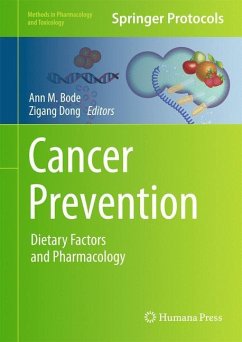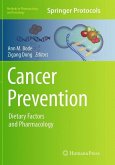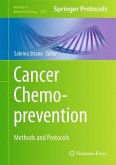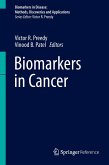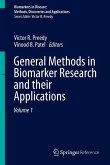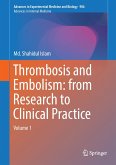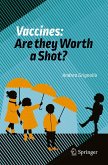Focused on the discovery of precise molecular targets for the development of the cancer preventive agents, Cancer Prevention: Dietary Factors and Pharmacology provides researchers and non-researchers with practical methodologies for developing and validating small molecule and phytochemical-derived drug discovery and mechanisms by which these compounds can modulate distinct target proteins involved in oncogenic signaling. While this volume is primarily focused toward cancer prevention research, the range of techniques demonstrated in the book also provides an introduction of cancer prevention research methods to researchers outside the field. Chapters deal with a critical discussion of both laboratory and clinical topics, with each chapter containing both a discursive section along with a detailed methods section. As part of the Methods in Pharmacology and Toxicology series, this meticulous volume includes the kind of key implementation advice that seeks to ensure successful results in the lab.
Practical and authoritative, Cancer Prevention: Dietary Factors and Pharmacology aims to guide research toward identifying molecular targets and conducting human studies with phytochemicals which would, ideally, provide an enhanced approach to the goal of personalized cancer prevention.
Practical and authoritative, Cancer Prevention: Dietary Factors and Pharmacology aims to guide research toward identifying molecular targets and conducting human studies with phytochemicals which would, ideally, provide an enhanced approach to the goal of personalized cancer prevention.
From the reviews:
"The purpose is to provide an overview of the most advanced scientific methods or protocols that are the keys to obtaining knowledge that can be applied in cancer prevention ... . This should be interesting to basic and clinical researchers in cancer prevention and drug development. ... also could be interesting to researchers in the field of cancer treatment and oncogenic signaling. ... It is a good information source for scientific researchers and others who are interested in cancer prevention." (Qi Chen, Doody's Book Reviews, May, 2014)
"The purpose is to provide an overview of the most advanced scientific methods or protocols that are the keys to obtaining knowledge that can be applied in cancer prevention ... . This should be interesting to basic and clinical researchers in cancer prevention and drug development. ... also could be interesting to researchers in the field of cancer treatment and oncogenic signaling. ... It is a good information source for scientific researchers and others who are interested in cancer prevention." (Qi Chen, Doody's Book Reviews, May, 2014)

